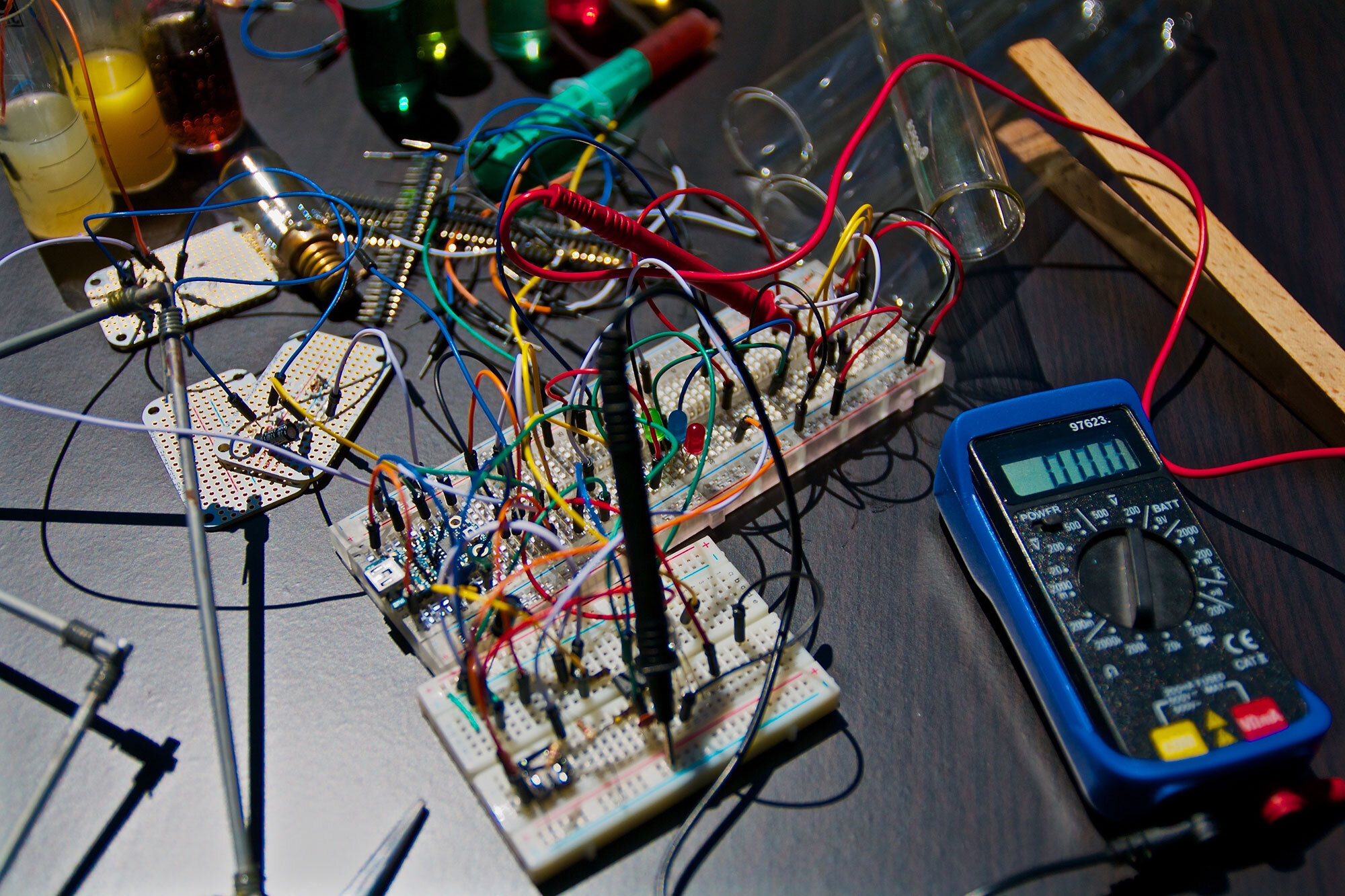-

Department of Physics
Since its foundation in 1874, the Cavendish Laboratory at the University of Cambridge has been at the forefront of discovery in physics. The core of its programme has been and continues to be experimental physics, which is supported by excellence in theory.
The Department of Physics aims to be a world leader in experimental and theoretical physics, as well as collaborative research with other universities and industry. The Department's policy is to offer students a wide range of courses and research opportunities.
Basic research in physics is motivated by the desire to understand the universe at its most fundamental level. Such topics include many of the ‘big questions’ in physics, including the formation of life from non-life, exoplanets, and the earliest phases of the Big Bang; new types of fundamental interactions and symmetries in particle physics; quantum communication and computing; and strongly correlated electron systems such as ultra-low temperature physics and new states of matter; nanoscience; the physics of new materials and polymers.
Though equally challenging, research in other cognate disciplines can make innovative and paradigm-changing contributions to physics. The application of physics to the biological, biomedical and life sciences is one example. Most recently, these have been joined by a major initiative in the physics of sustainability, which emphasises the role that physics plays in addressing the problems of global sustainability.
Many of the world’s brightest students are drawn to these fields, which offer them the chance to tackle some of the toughest intellectual and experimental challenges in science today.
Previous
Previous
Department of Materials Science and Metallurgy
Next
Next
